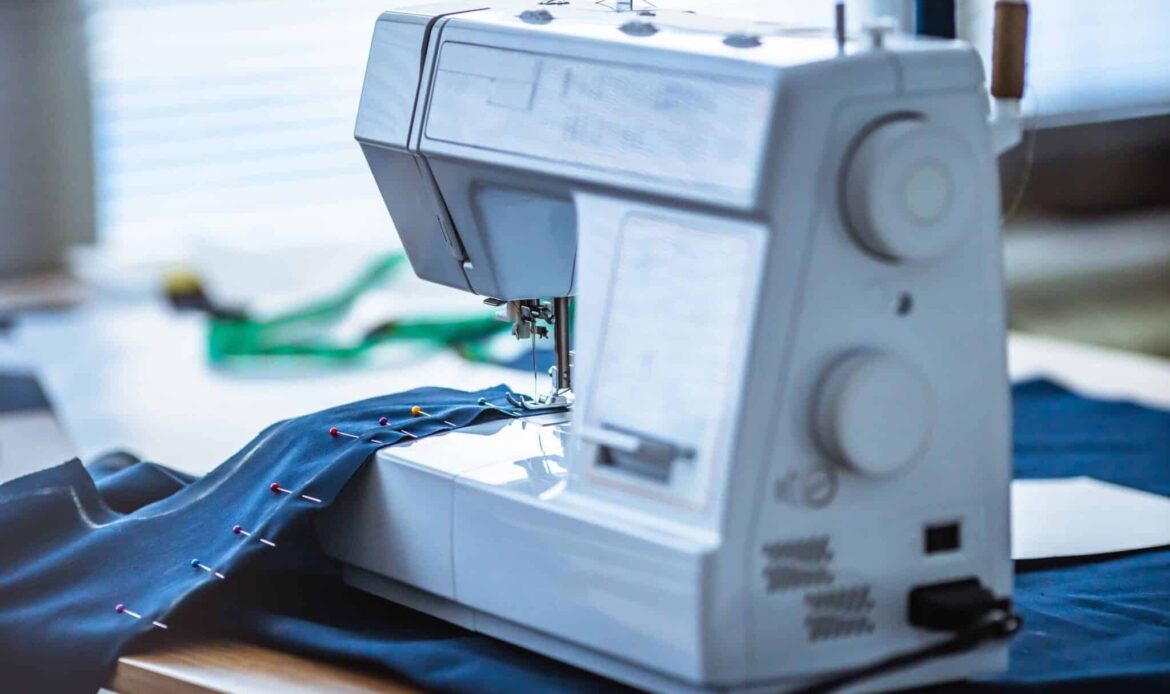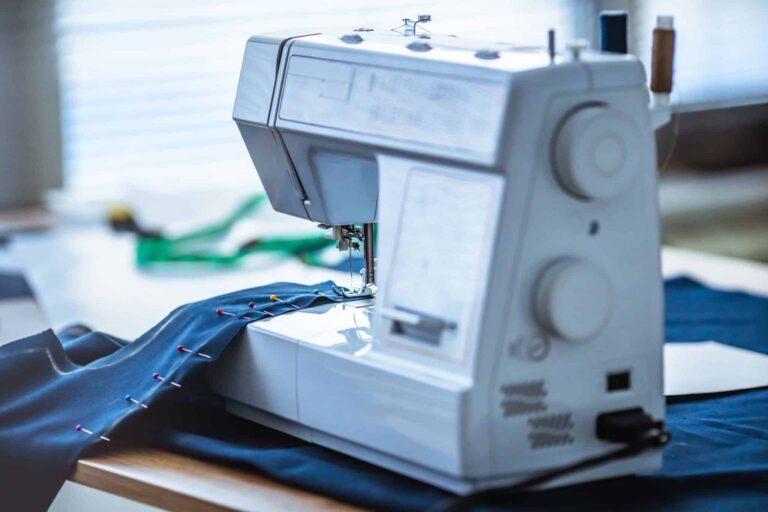A brand-new article of clothing has already begun a protracted and challenging trip through numerous stages of the apparel supply chain before you even buy it. This procedure covers the sourcing of raw materials, manufacturing process, shipping, and retail distribution. In this blog we will examine some of the problems and difficulties related to clothing supply chains as well as take a closer look at the path taken by your apparel.
Stage 1: Sourcing of Materials
The sourcing of raw materials is the first stage in the journey of your clothes. In many regions of the world, fibers such as cotton, wool, and others are produced before being converted into yarns and then fabrics. These materials are often sourced from developing nations, where manual labor is usually easily available and is inexpensive.
Sustainability is one of the most important issues involved in sourcing raw materials. For instance, cotton harvesting has come under fire for its exhaustive demand on the soil and use of excessive amounts of water and pesticides, which are having a detrimental effect on the environment. In response to these worries, numerous garment manufacturers are adopting more environmentally friendly harvesting methods and ensuring that their cotton producers are adhering to the environment friendly guidelines and regulations laid out by the world organizations.
Stage 2: Production
After sourcing the raw ingredients, they grow through a production process like cleaning, ginning, weaving, dyeing etc. at various factories. Once the fabric and other accessories like threads, buttons, zippers etc reach the garment manufacturing fabric, the labor-intensive process of garment manufacture begins – cutting, stitching, and finishing of the garment takes place. Popular destinations for garment manufacturing are usually nations with affordable labor, such as Bangladesh, China, India and Vietnam.
Human Rights and Labor Laws are one of the biggest issues facing the apparel industry with poor workplace conditions, low wages and forced labor. Garment workers in underdeveloped or developing nations have been reported to put in long hours for meager wages, and often under unhealthy and hazardous work conditions. Retail Brands have come under increasing pressure in recent years to ensure that manufacturing of their garments is compliant to labor laws including proper working conditions for labor and fair wages. The Retail Brands have had to step up taking accountability of fair sourcing across their supply chains.
Stage 3: Transportation
After the garment has been manufactured it enters the transportation phase of its supply chain – now it must be transported to its final location, which is often a retail shop or in the case of online retail, it must be delivered at the doorstep of the consumer. In this phase of the product’s supply chain various forms of transportation like trucks, railways, ships, amongst other forms are used.
The manufactured garments are packaged and consignments are put together for shipping. The environmental impact of transportation of these consignments is one of the most challenging from the sustainability perspective. From the huge volumes of greenhouse gas emissions to use of fossil fuel, all are a factor in climate change. By employing more environmentally friendly transportation options or investing in carbon offsetting programmes, many apparel firms are increasingly and actively looking for ways to reduce their carbon imprint.
To learn more about the ways in which technology can help address these challenges, check out our blog on Role of Technology in Managing Cross-Border eCommerce Compliance
Stage 4: Retail Distribution
Retail distribution is the last step in the garment’s journey. The apparel must be displayed and sold to customers once they have arrived at the retail establishment. This procedure includes everything from display to customer service and sales.
Unsold apparel has the potential to end up in landfills, adding to the expanding issue of textile waste. To protect the branded items from counterfeit market, Retailers end up burning or destroying the excess and surplus merchandise. Waste thus becomes one of the most critical problems with retail merchandise. Retailers are currently looking for ways to reduce waste by developing recycling programmes, possibilities of charity and donating surplus clothing merchandise to the needy, and employing more environmentally friendly materials.
The apparel voyage is a complicated one with multi-stage journey that includes a variety of actors and phases – from the sourcing of raw materials, manufacturing, logistics, passing the customs and trade borders, retail distribution and finally sales to the final consumer. Apparel Retail and garment manufacturing must be done responsibly keeping in mind fair wages and social equity, sustainability, environmental impact, and waste.
Also Read: Our insightful post on Compliances & Regulatory Framework for Fashion Retailers
Role of Consumers
Along with the Retailers and Manufactures, Consumers have a critical role to play in ethical practices. They must raise the bar by questioning the ethical business practices of the brand, seeking transparency across the supply chain of the product, asking for more information about the raw materials used and their impact on the planet. Consumer has become used to buying low low priced products without contemplation how the product could be so cheap. They have to step up and shop responsibly and mindfully. To price for products that are made responsibly with environment friendly raw materials and manufacturing practices that adhere to fair wages and under proper work conditions, will be understandably higher. The consumer should be prepared to pay a higher price or even reduce their shopping. Consumers can help address these issues by supporting clothing firms that place a high priority on sustainability and ethical business methods. We can become wiser, more responsible consumers and help create a more socially just and sustainable clothing business by looking more closely at the journey of our apparel.
Our Commitment
Compliance Cart is committed to the mission of sustainability and social Equity. Our solution provides the garment manufacturers and apparel retailers the ability to gain real-time access to the compliance status of its vendors and suppliers across the supply chain. Compliance Cart, the digital collaborative platform enables manufactures by providing them transparency and visibility through their supply chain all the way to the source to ensure their garment is manufactured in adherence to all ethical and environmental standards. We help the manufacturer proactively monitor and track vendor and supplier compliance status, and identify compliance lapse and risks to help them create a trustworthy supply chain.











